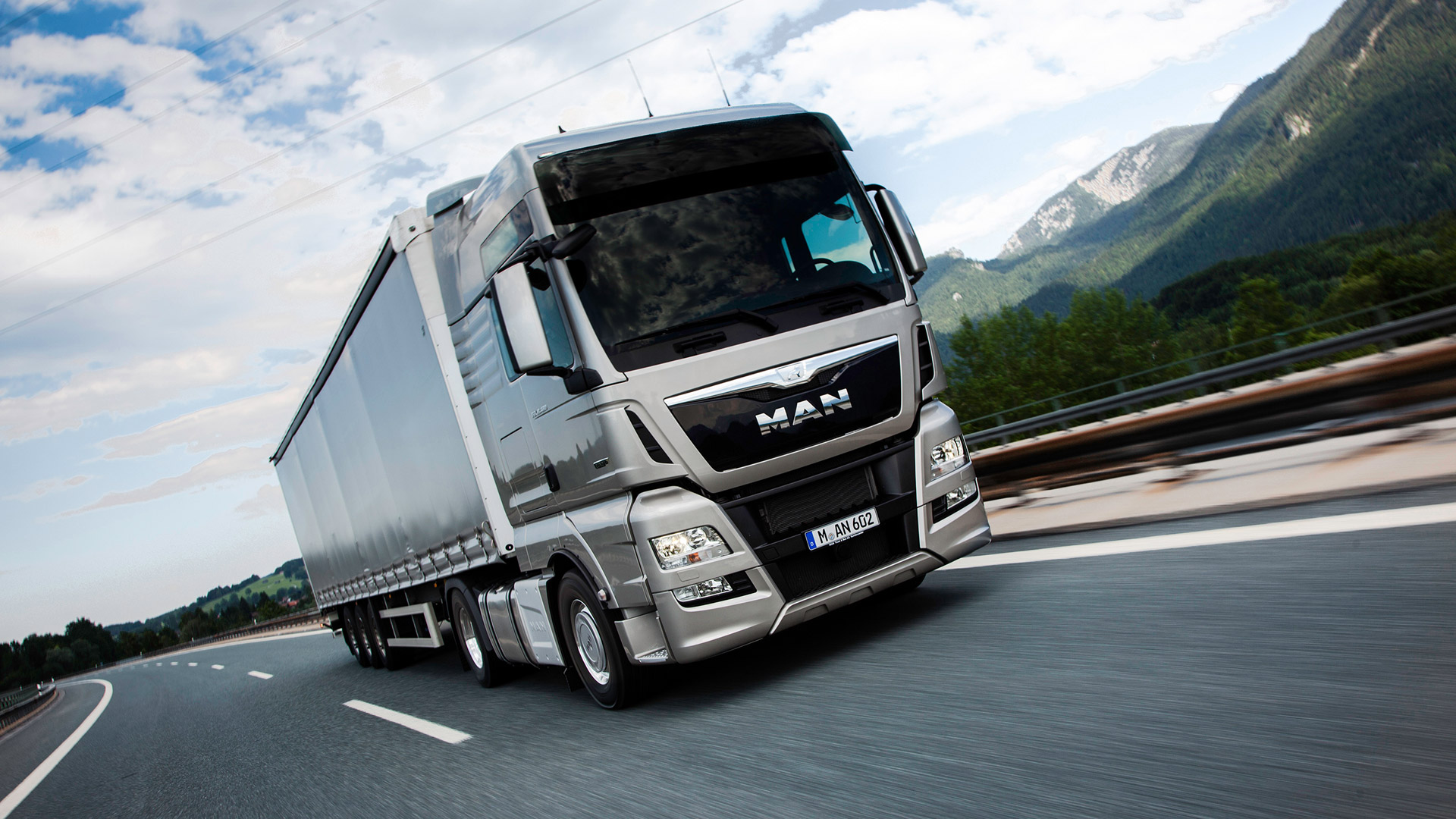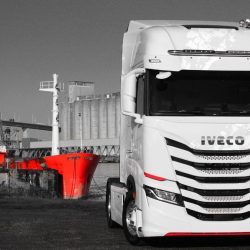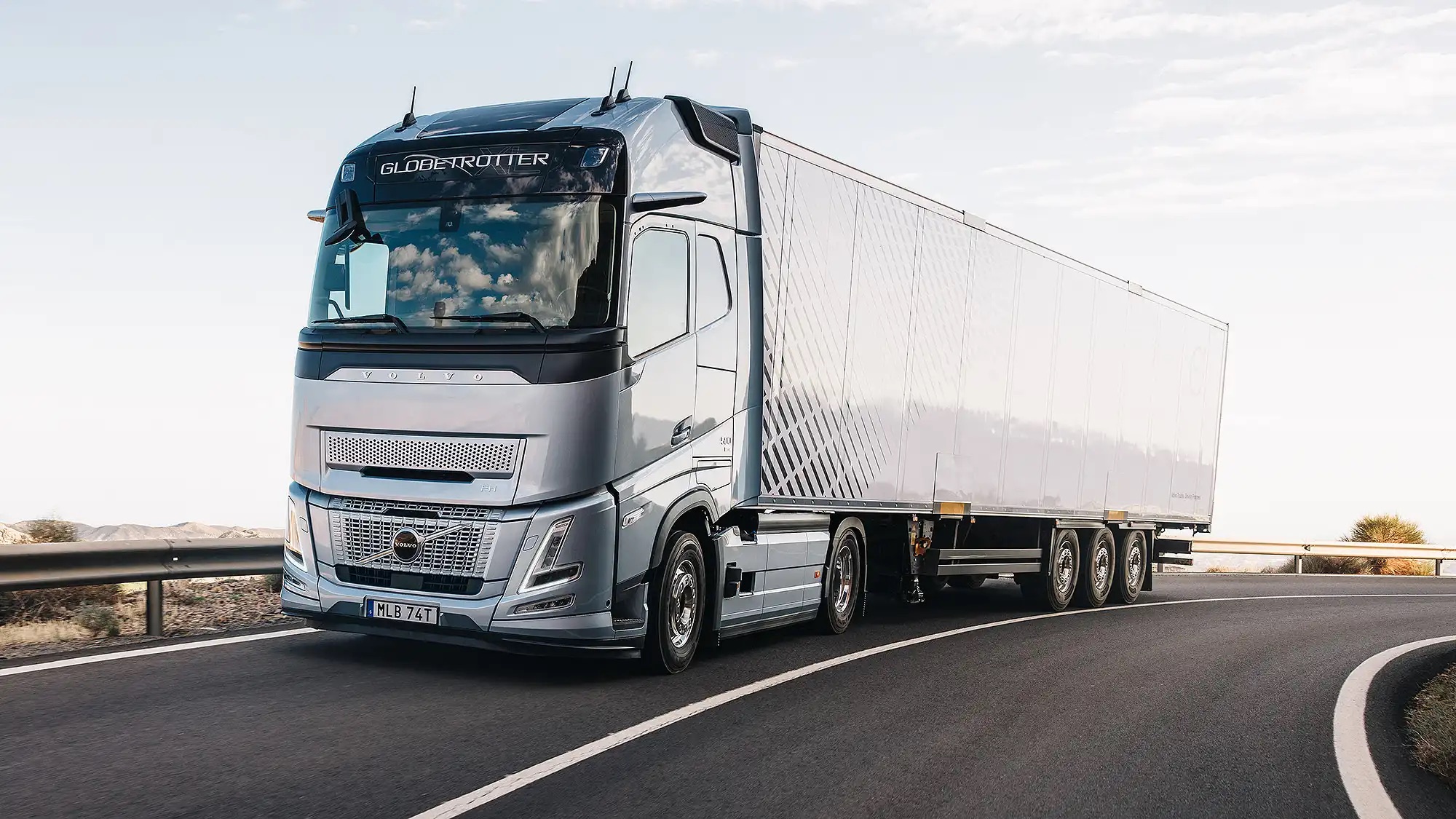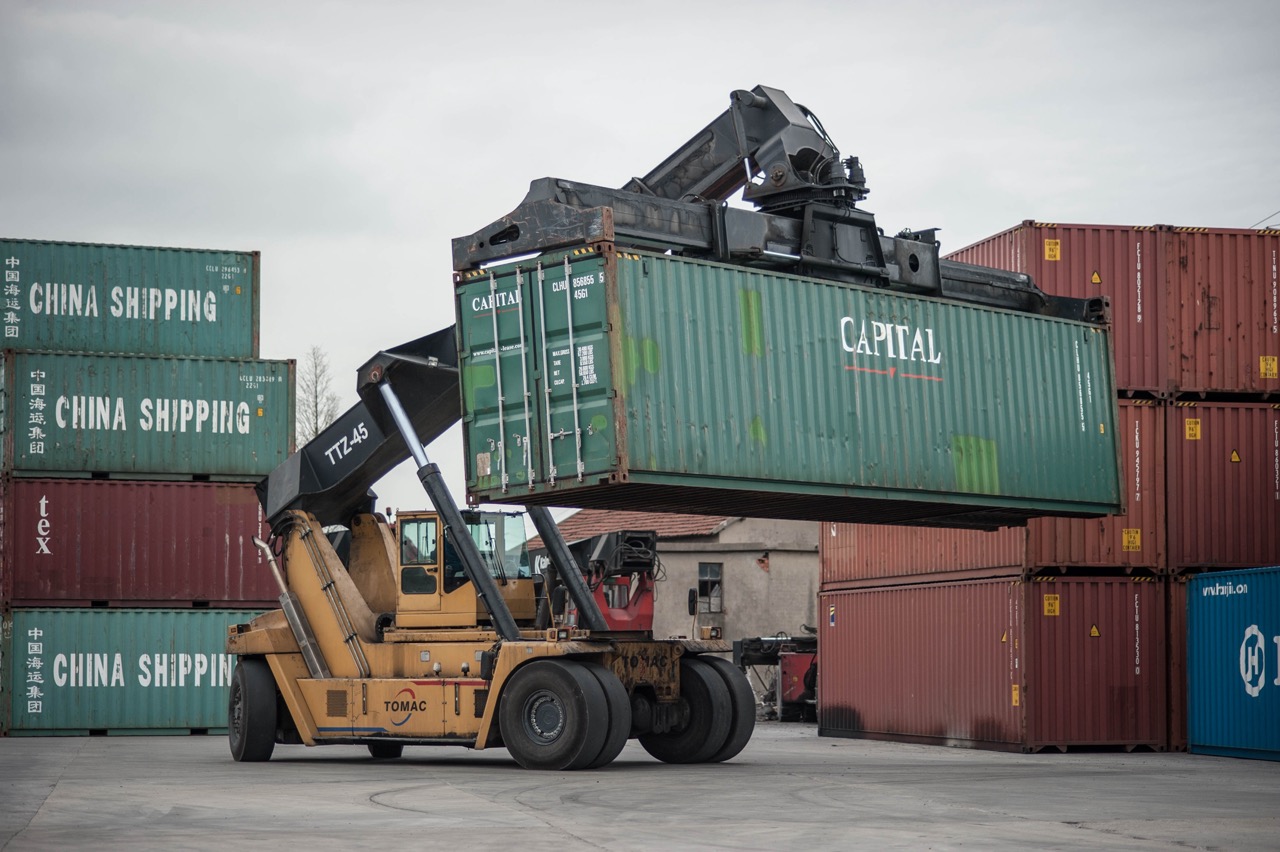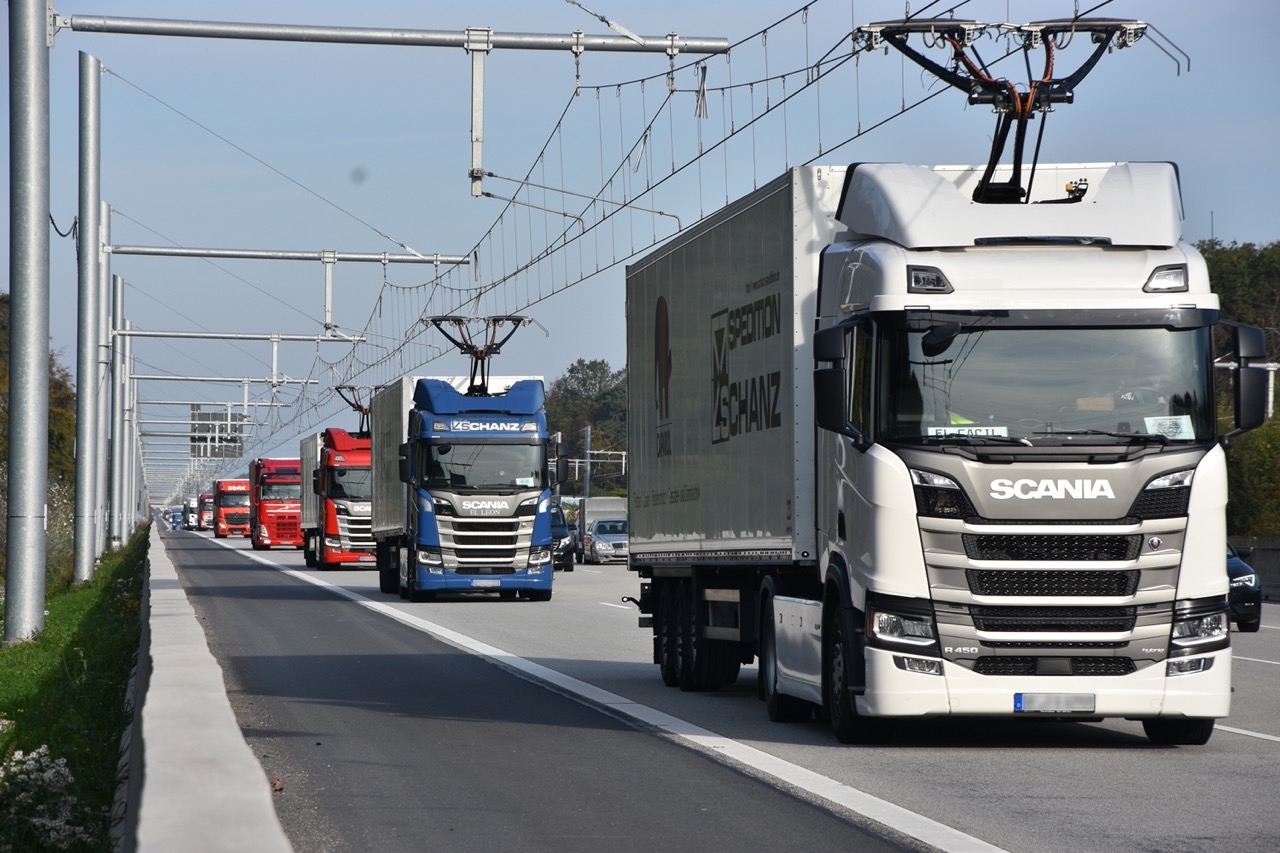The German road train reached a record mileage in 6 years
For 6 years, the German road train model Fliegl Dolly CLG has covered more than 1 million kilometers, which became a record for freight transportation. This result was achieved thanks to the optimization of the work and the skillful operation of the equipment.
Since 2017, Alfred Schuon has been using the road train to transport light goods. It has a six-axle layout, and the bogie and trailer are equipped with two axles. In contrast to other vehicles in this class, this vehicle has twice as much cargo space. During a regular inspection, the specialists found that the mileage of the road train exceeded 1 million kilometers for 6 years. This means that the average mileage was 170 thousand kilometers per year.
The result is a record for such vehicles because in many countries there are restrictions on their movement. In Germany, for example, vehicles over 25 meters long can only be driven on motorways. There is also a tonnage limit for road trains: they can carry no more than 40 tons. Given their dimensions, parking a road train is an extremely difficult task. The driver has to drive a long distance before finding a suitable spot. In addition, such vehicles are practically not used for driving on international highways. Despite all these difficulties, the Fliegl Dolly road train was able to travel a record distance on German roads. So other vehicles in this class have something to aspire to.
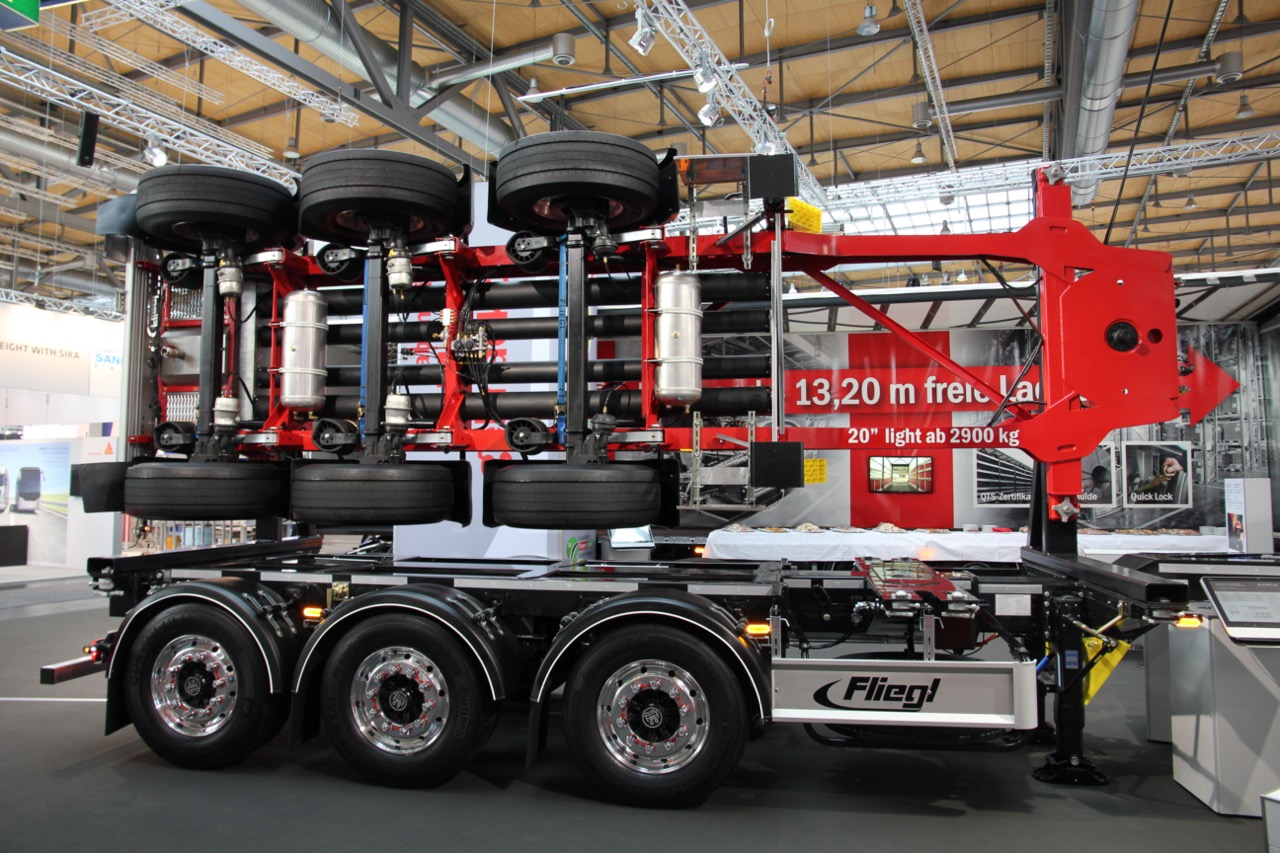
It should be noted that in Scandinavian countries, 1 million kilometers for such trucks are not uncommon. In this region, there are no such strict rules for their movement as in Germany.
So far, only 13 countries allow 44-ton trucks to drive on the territory of the European Union. However, some have decided to go even further. In 2022, France began testing the movement of 46-ton trucks with four or more axles. The test is designed to last 18 months. After that, a specially created committee will decide on the further use of the trucks.
The purpose of the study is to determine whether it is appropriate to use such road trains in the country. The conclusion will be based on several points, including the impact of such vehicles on the environment and the general traffic situation. In addition, the cost of operating road trains, the consequences of replacing the fleet with this type of transport, and the comfort of drivers will be analyzed.
France is the first country in the EU to consider the use of 46-ton trucks. Other countries are more conservative. Germany, for example, has rejected the authorities’ request to increase the permitted weight of trucks from 40 to 44 tons. The government believes that such vehicles would cause serious damage to road surfaces and bridges.





